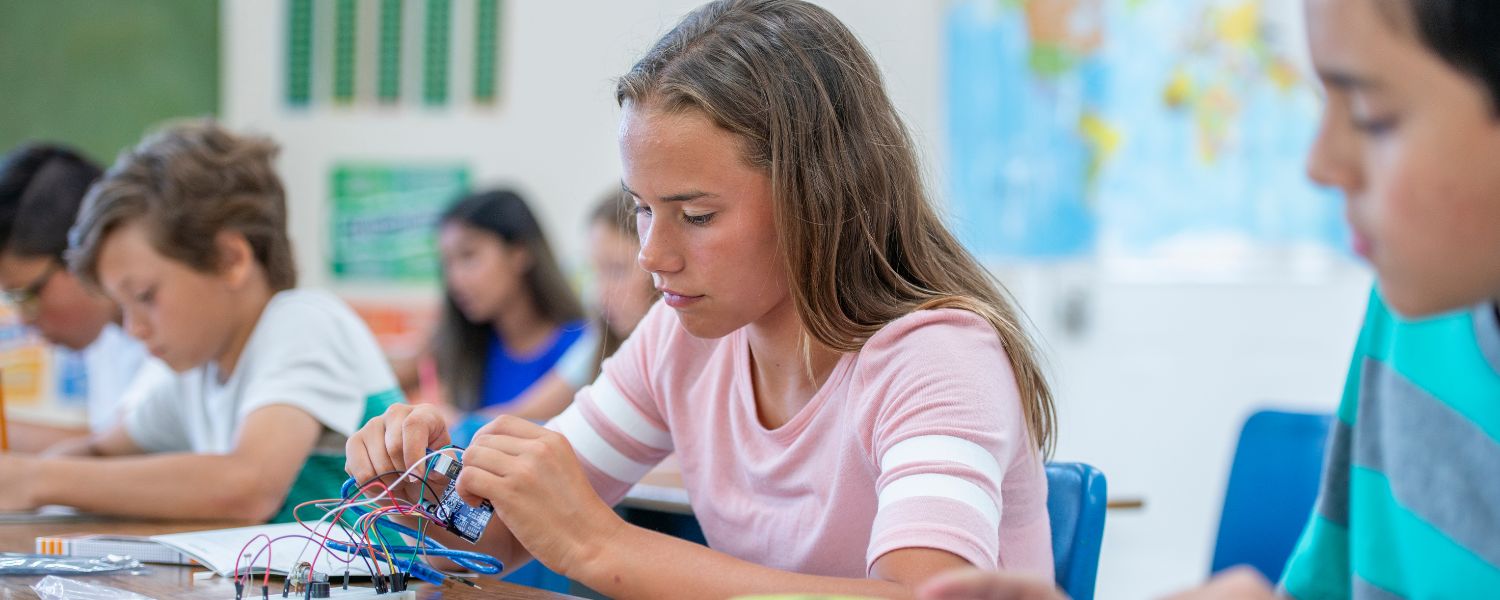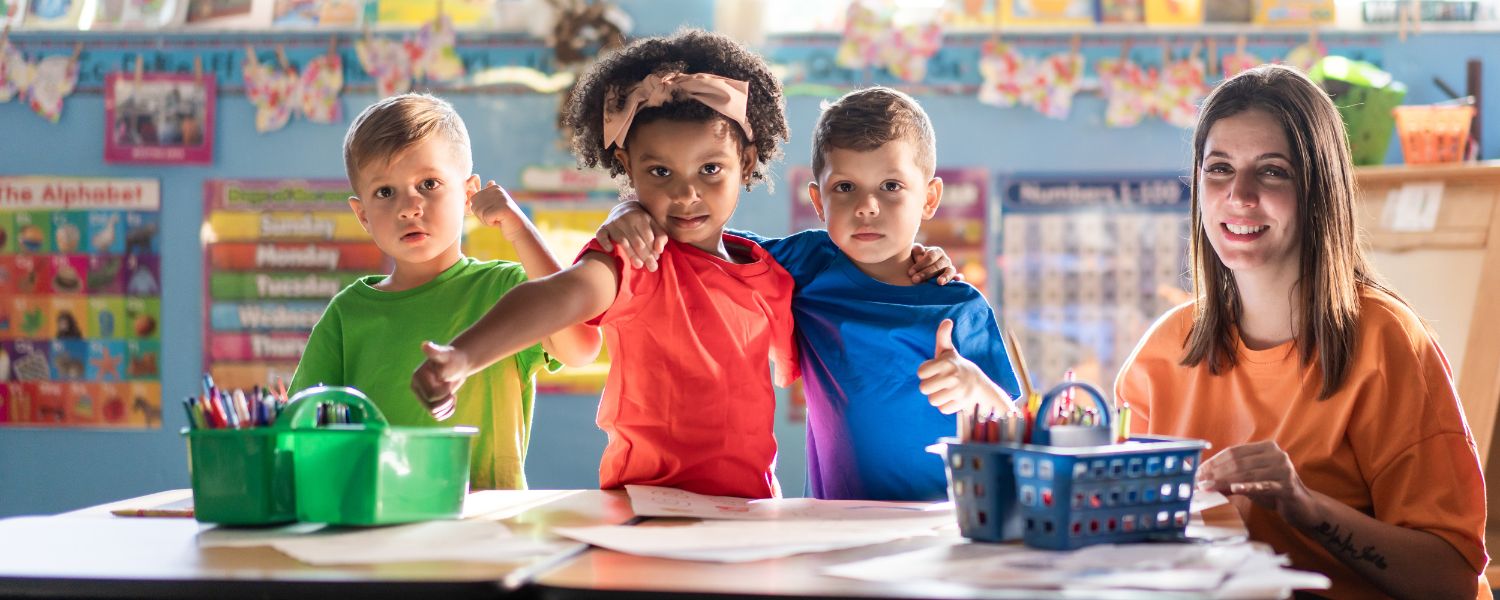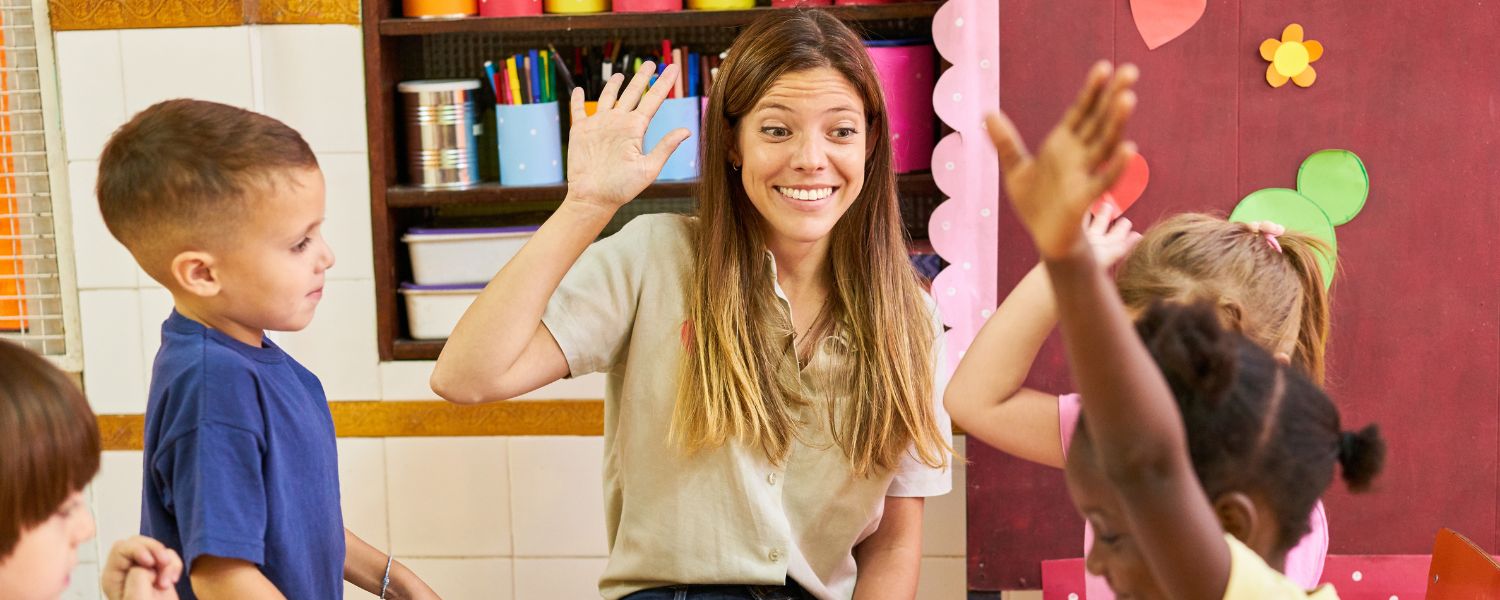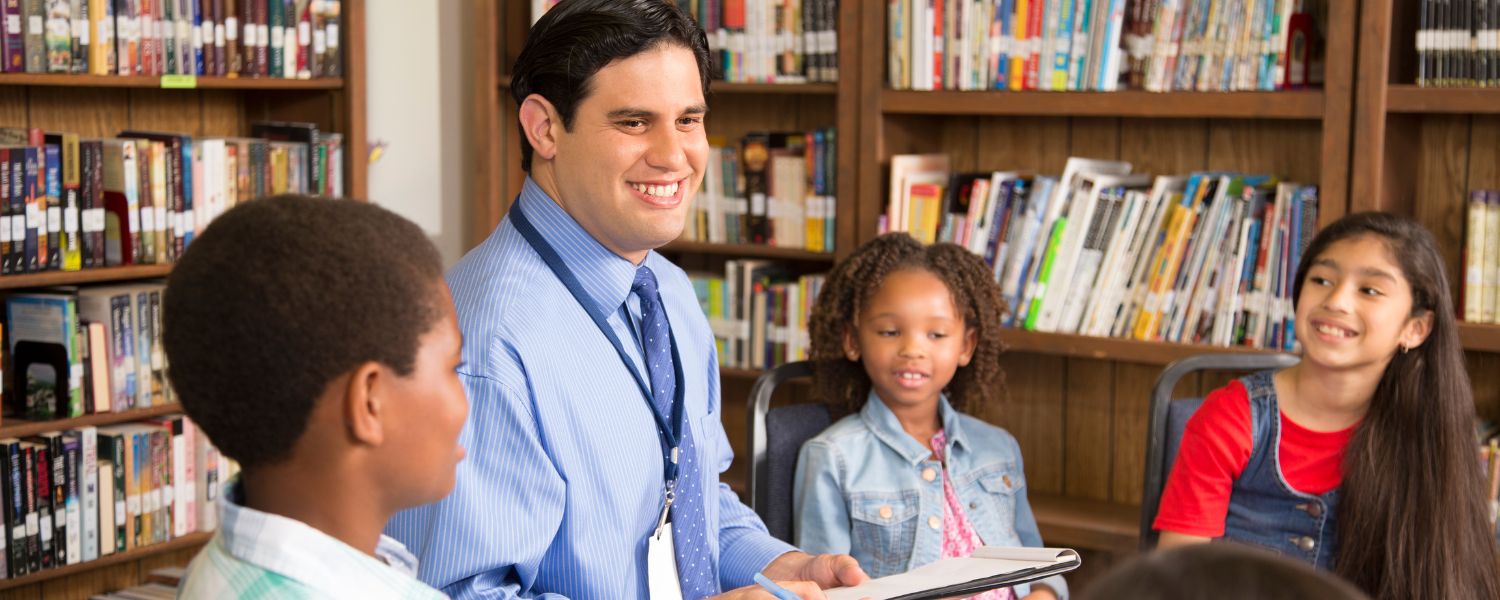
Over the past few years, remote learning has surfaced as a revolutionary influence in education, presenting unparalleled prospects for both students and parents. With the advent of technology, traditional brick-and-mortar classrooms are no longer the sole avenue for academic pursuit and for more than a few just does not meet their needs.
Faith Christian School of Distance Education showcases the efficacy of this educational model by accommodating students This blog delves into the advantages of distance learning, exploring how it benefits students and parents.
Advantages of Distance Learning
1. Flexibility in Scheduling

Distance learning provides an invaluable degree of flexibility for both students and parents. Traditional schooling often demands adherence to rigid schedules, making it challenging for students to balance academics with extracurricular activities or familial responsibilities. In the context of Faith Christian School of Distance Education, this flexibility allows students to tailor their learning hours, accommodating individual preferences and optimising peak learning times.
Parents can play an active role in crafting their child’s daily schedule, fostering an environment that aligns with the family’s unique dynamics. This adaptability reduces stress and enables a more personalised approach to education, catering to each student’s specific needs.
2. Access to a Global Curriculum

One of the standout benefit of online learning is its capacity to transcend geographical boundaries, granting students access to a comprehensive and diverse global curriculum. Faith Christian School of Distance Education leverages this by incorporating courses that expose students to different cultures, perspectives, and academic disciplines.
This global approach ensures students are well-prepared for an interconnected world, promoting cultural awareness and a deeper understanding of international issues. Accessing a broader curriculum also allows students to explore niche subjects that might not be available in traditional brick-and-mortar schools, fostering a well-rounded and holistic education.
3. Personalised Learning Experience

Distance learning platforms prioritise personalised learning experiences through the integration of adaptive technologies. For instance, students at Faith Christian School of Distance Education have the flexibility to advance through their studies at a rhythm that aligns with their unique learning methodology. This tailored approach ensures students receive the necessary support and attention for optimal academic growth.
The flexibility to revisit challenging topics or accelerate through familiar material empowers students to take control of their education, cultivating a deeper understanding of subjects. This personalised learning model contributes to increased student engagement and fosters a love for learning by addressing each student’s strengths and challenges.
4. Enhanced Parental Involvement

Distance learning enhances parental involvement in a child’s education, creating a collaborative partnership between parents and educators. Faith Christian School of Distance Education recognises parents’ pivotal role in a student’s academic journey and actively encourages their participation. Parents can closely monitor their child’s progress, attend virtual parent-teacher meetings, and actively engage in the learning process.
This increased involvement fosters a supportive home environment where parents can provide valuable insights into their child’s learning style and offer guidance. The partnership between parents and educators becomes a cornerstone for academic success, nurturing a sense of community and shared responsibility for a student’s development.
5. Safety and Security

Distance learning addresses concerns related to the safety and security of students, particularly in areas where commuting to physical schools might pose challenges. Faith Christian School of Distance Education ensures a secure learning environment by eliminating the need for students to travel. Parents can have peace of mind knowing their children are studying in the safety of their homes, free from potential risks associated with commuting.
This advantage becomes especially crucial when physical safety concerns, such as transportation-related accidents or bullying, may be prevalent. The virtual classroom setting provides a controlled and secure space for students to focus on their studies without compromising their well-being.
6. Cost-Effective Education

Distance learning is often more cost-effective than traditional schooling, offering financial relief to families. Faith Christian School of Distance Education acknowledges the financial considerations of parents and strives to provide quality education without imposing a significant financial burden. Families can save on transportation, uniforms, and other miscellaneous costs associated with attending physical schools.
The cost-effectiveness of distance learning makes education more accessible to a wider demographic, ensuring that economic constraints do not hinder a student’s ability to receive a high-quality education. This affordability aligns with the principle of inclusivity, promoting equal educational opportunities for all students.
7. Customisable Learning Environment

Distance learning empowers students to create a customised learning environment tailored to their preferences and needs. Faith Christian School of Distance Education acknowledges the significance of an optimal learning environment and promotes student involvement in crafting their study spaces.Students can optimise their surroundings for maximum productivity, whether it’s a quiet corner for focused study or a dynamic setting that stimulates creativity.
Such adaptability holds particular benefits for students with varying learning styles, enabling them to establish an environment that optimally nurtures their academic endeavours. The customisable learning environment promotes a sense of ownership over one’s education, contributing to a positive and motivating atmosphere for both students and parents.
8. Technology Integration

Distance learning relies on technology, ensuring students are well-versed in digital tools and resources. Faith Christian School of Distance Education leverages technology to engage students innovatively, preparing them for the challenges of the digital age. The integration of technology not only facilitates the learning process but also equips students with essential skills for the future workforce.
As students engage with online platforms, collaborate on virtual projects, and utilise digital resources, they develop a fluency in technology that is increasingly vital in various professional fields. This emphasis on technology integration positions students for success in a world where digital literacy is a key component of academic and professional proficiency.
9. Individualised Support Services

Distance learning schools frequently provide a variety of support services aimed at meeting the diverse requirements of students. Faith Christian School of Distance Education prioritises the well-being of its students by providing comprehensive support services. These services may include counselling, academic assistance, and special education resources tailored to individual requirements.
The accessibility of such support ensures that students facing academic, emotional, or developmental challenges receive the necessary assistance. This commitment to individualised support contributes to a positive learning experience, cultivating a setting wherein students feel appreciated and upheld throughout their educational journey.
10. Preparation for Self-Directed Learning

Distance learning fosters self-discipline and motivation, preparing students for a future where self-directed learning is highly valued. Faith Christian School of Distance Education prioritises nurturing independent thinkers capable of navigating the intricacies of both higher education and the professional realm.
The autonomy granted to students in distance learning encourages them to take ownership of their education, manage their time effectively, and set academic goals. These skills are transferable beyond the virtual classroom, preparing students for a lifelong journey of continuous learning and adaptation. By instilling a sense of responsibility for their educational journey, distance learning empowers students to become self-directed learners capable of thriving in a rapidly changing world. Read more about advantages of distance education.
Conclusion
The advantages of distance learning for students and parents are multifaceted, ranging from flexibility in scheduling to the promotion of a global perspective. Faith Christian School of Distance Education serves as a testament to this educational model’s success, prioritising its students’ well-being and academic excellence.
As technology continues to evolve, distance learning will likely become an even more integral part of the educational landscape, offering unparalleled opportunities for students to learn and grow.As we journey through the future of education, the benefits of distance learning will assuredly shape the educational journeys of future generations, becoming an integral part of their learning experiences.
